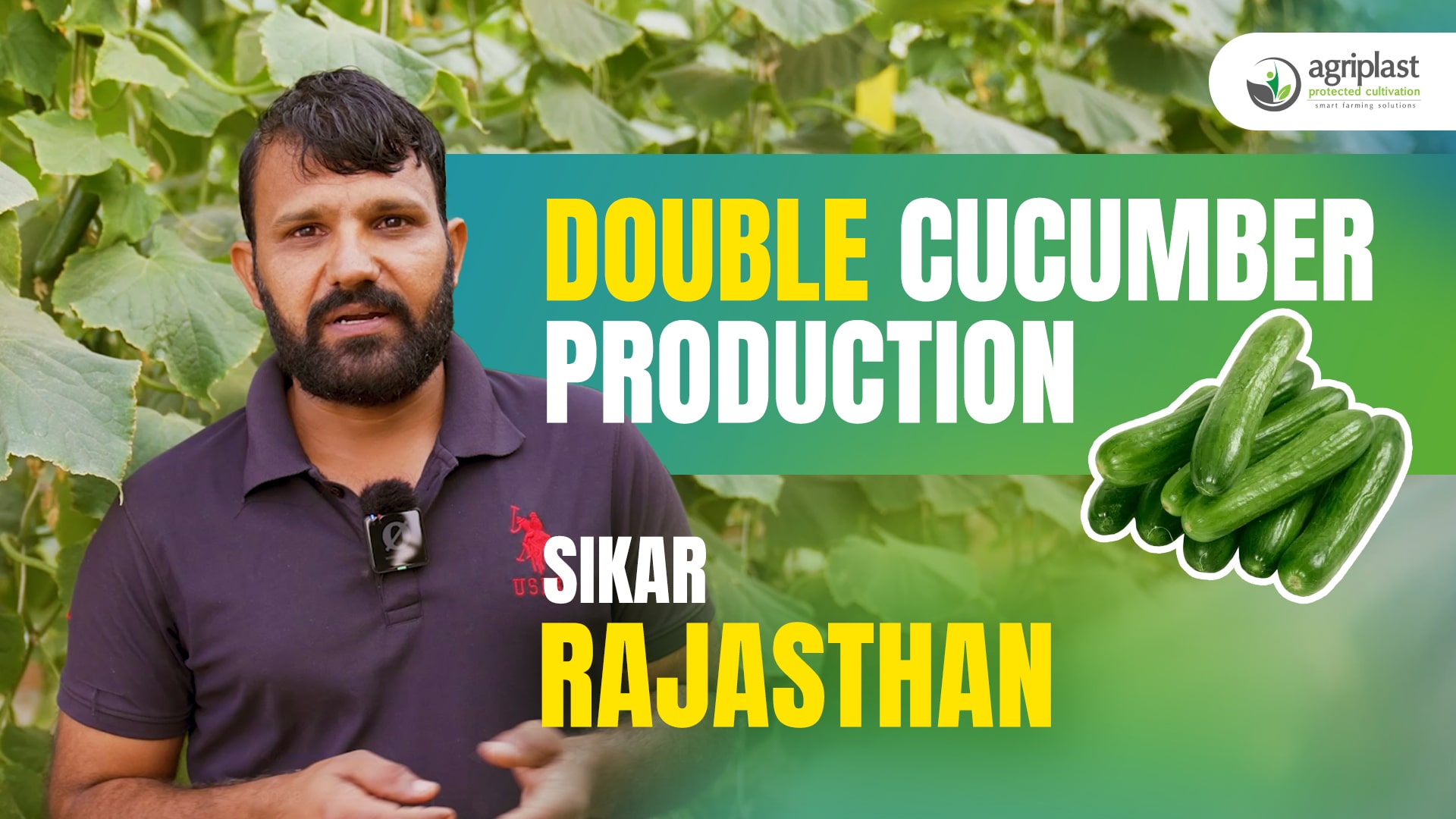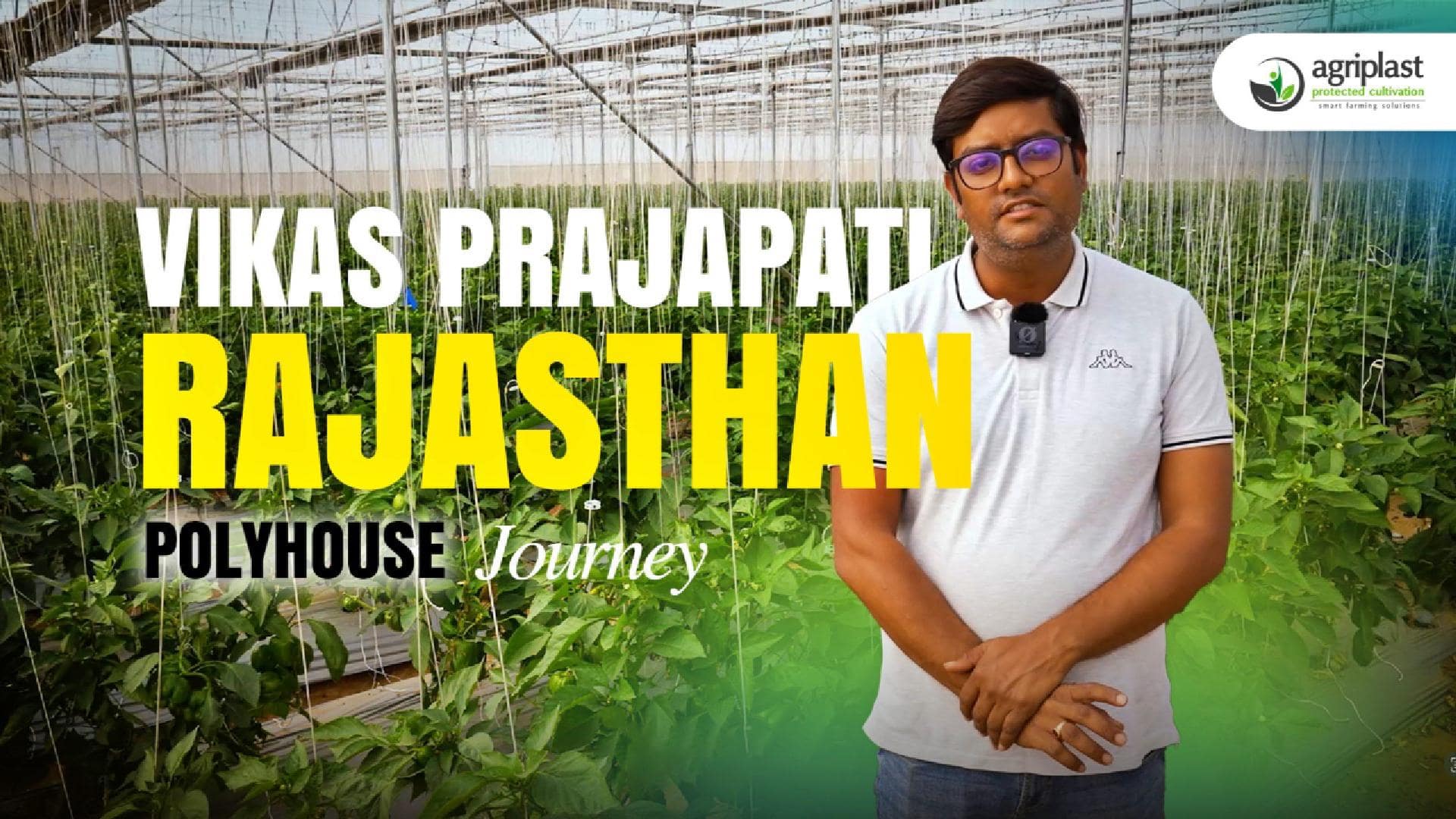Future of Hydroponic Farming in India: A Beginner's Guide
Hydroponic farming is currently playing a significant role in revolutionizing the agricultural industry in India. Hydroponics, which is the process of growing plants without using soil, is being used to produce more yields with minimum resources and reduced wastage.
Hydroponic farming has been used in India for decades but has recently gained more traction due to the availability of modern technology and tools. The future of hydroponic farming in India is very promising as the country is now shifting towards sustainable farming practices.

The Indian Government is encouraging the use of hydroponic farming as it is cost-effective and efficient. Hydroponic farming requires less water and land resources and also produces higher quality yields with less wastage. It is also an eco-friendly option compared to conventional farming as it does not require the use of chemical pesticides and fertilizers. Furthermore, hydroponic farming can be used to cultivate crops in areas that are otherwise not suitable for traditional farming.
The availability of modern technology and tools make hydroponic farming more accessible and easier to implement. There is a wide range of hydroponic systems and equipment such as lighting systems, nutrient solutions, and climate controllers that can be used to efficiently grow crops. Additionally, the Indian government has taken several initiatives to promote the use of hydroponic farming. This includes providing subsidies for farmers and setting up hydroponic farming training centers.
The future of hydroponic farming in India looks very promising. The Indian government is actively promoting the use of hydroponic farming and is providing various incentives to farmers who adopt this method. Furthermore, modern technology and tools are making it easier to implement this sustainable farming practice. As more farmers adopt hydroponic farming, India will be able to reduce its dependence on imported food and increase its food security.
Hydroponics on the Rise in India
Hydroponic farming is becoming increasingly popular in India as the government is taking steps to promote its use.
The government has invested in research and development to develop new technologies and tools that can be used for hydroponic farming. This includes the development of automated systems and climate controllers for efficient and cost-effective farming. Furthermore, the government is providing subsidies and grants to farmers who are interested in adopting hydroponic farming techniques.
The popularity of hydroponic farming is also growing among Indian consumers. People are becoming more aware of the benefits of hydroponic farming, such as the high quality and greater yield of crops, as well as its environmental sustainability. Furthermore, the availability of modern tools and technologies is making hydroponic farming more accessible and easier to implement.
Hydroponic Farming Scope in New India
Hydroponic farming has the potential to become a major player in the agriculture industry in India. The government's investment in research and development has created an environment that is conducive to the growth of hydroponic farming.
Additionally, the availability of modern tools and technologies has made hydroponic farming easier to implement and more accessible to farmers. Furthermore, the increasing awareness of the benefits of hydroponic farming among Indian consumers is likely to further drive the growth of this sector.
Hydroponic farming can provide a viable and sustainable alternative to traditional farming methods. It can help to reduce the environmental impact of farming and can increase the yield and quality of crops. As such, it is likely to become an increasingly important part of the Indian agricultural landscape in the coming years.
Conclusion
Hydroponic farming offers great potential to India in terms of sustainable and efficient food production. The growth of hydroponic farming in India has the potential to revolutionize the way food is produced and promote rural development in India.
Hydroponic farming has many advantages such as the ability to produce high-quality products, use fewer resources, and reduce the environmental impact of food production. With the increasing population, rising food prices, and climate change, hydroponic farming is an essential part of India’s future food production. With the right investments and policies, this technology can help India to ensure food security and sustainability.
If you’re looking for help with protected cultivation, check out Agriplast Protected Cultivation. We strive to offer the best possible outcomes along with workable solutions to help you lead a continuous growth process.



















